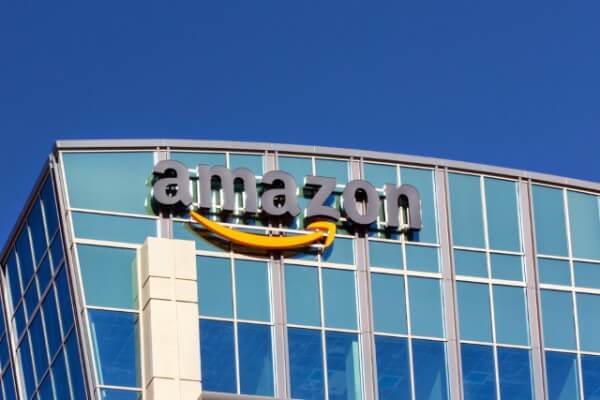According to media reports, e-commerce major Amazon is making significant strides in expanding its global reach through Indian exporters, with projections to help sell $5 billion worth of small-ticket items this year. This target highlights a substantial increase from the nearly $3 billion sold in 2023.
Amazon’s efforts are primarily driven by its Global Selling program, launched in 2015, which provides a platform for Indian businesses, particularly small and medium-sized enterprises (SMEs), to sell their products directly to international consumers. The program has proven to be a game-changer for many local businesses. Currently, it supports over 150,000 exporters across India, facilitating their access to global markets such as the United States, the UK, and other key economies. The program allows these exporters to offer a wide range of products, from textiles and jewelry to household goods and Ayurveda-based items. These smaller items, known for their affordability, are ideal for global export due to their ease of shipment and lower exposure to heavy import tariffs.
Amazon’s investment in technology plays a crucial role in the success of its Global Selling program. Bhupen Wakankar, the Director of Global Trade at Amazon, revealed that the company is making significant investments in tools and technologies to optimize product discovery and enhance sales for Indian exporters. These technological solutions include analytics and marketing tools that enable sellers to better understand customer preferences in different regions, allowing them to tailor their offerings accordingly.
“We are investing significantly in tools and technologies to help sellers optimise their reach, enhance product discovery, and increase sales,” Wakankar said.
In addition to product discovery, Amazon’s investments focus on improving logistics and payment systems to simplify cross-border trade for small businesses. The platform provides seamless payment solutions where customers can pay in their own currency, and exporters receive funds in their local currency, eliminating the complexities of international transactions. These innovations are aimed at making global trade more accessible for smaller exporters. The company’s efforts to scale up Indian exports have been bolstered by partnerships with the Indian government and trade associations. Wakankar revealed that the company has collaborated with the Ministry of Commerce and various industry bodies to connect with small and medium-sized manufacturers across the country.
Still, Amazon’s push into the Indian economy is far from being an easy one, given that Piyush Goyal, the Union Commerce Minister, recently stated that investments by the US-based company will not be beneficial to the local economy, and accused Amazon and other e-commerce companies of predatory pricing practices. “I’m not wishing away e-commerce. It’s here to stay, “but we must think carefully and cautiously about its role. Is predatory pricing good for the country?” Goyal said. “There’s a large section out there who still deserves our help. When it comes to jobs and opportunities for the future of India, I think all of us will have to play our part,” he added.
Amazon’s increased focus on Indian exports comes at a time when US giants are moving away from China. The COVID-19 pandemic and rising geopolitical tensions between the US and China have driven multinational companies to diversify their sourcing. India has emerged as a key alternative, thanks to its large workforce, competitive costs, and growing expertise across various industries – all of which make it an ideal target for companies like Amazon.
The Tech Portal is published by Blue Box Media Private Limited. Our investors have no influence over our reporting. Read our full Ownership and Funding Disclosure →






